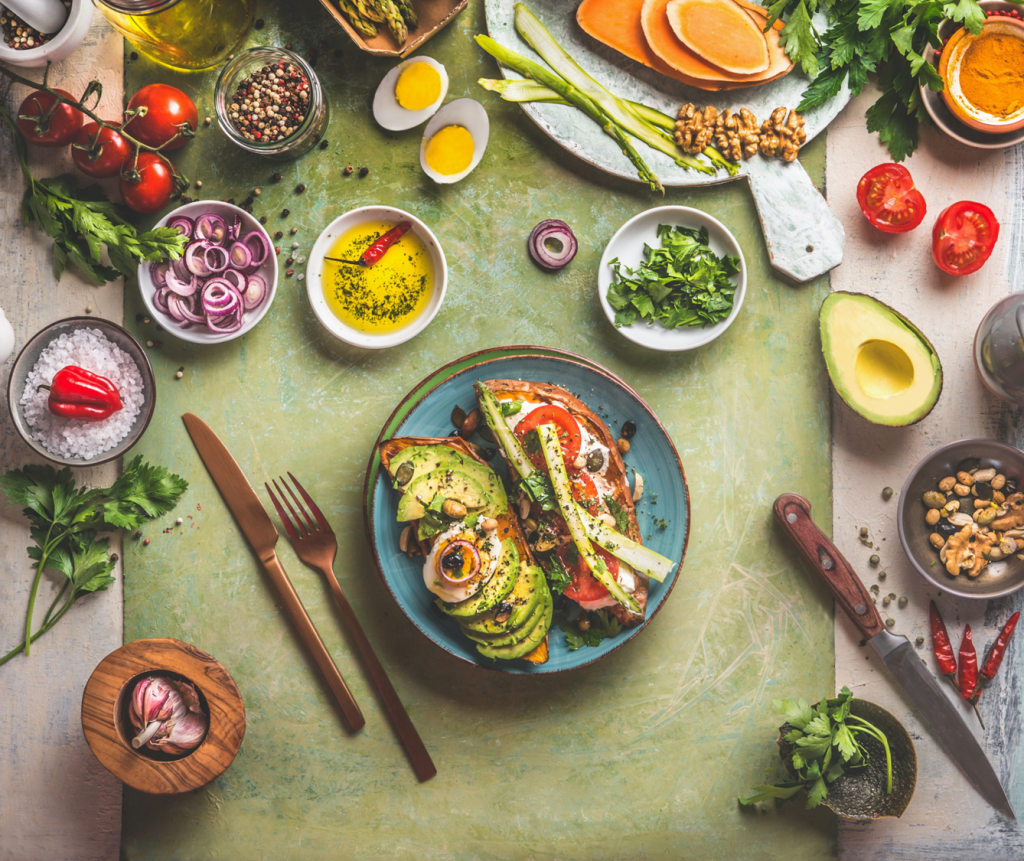
The way we produce and eat food has a huge impact on the planet. From rising greenhouse gas emissions to deforestation and water shortages, the food industry is facing growing pressure to change. What can be a solution? Plant-based alternatives.
Raising animals uses up a lot of resources. Farming is responsible for about 14.5% of global greenhouse gas emissions, mostly from methane produced by livestock. Huge areas of forest are also cleared to make space for grazing or to grow animal feed, which harms wildlife and speeds up climate change. In other words, the way we eat today isn’t sustainable. Moving towards a plant-based food diet can ease some of that strain.
Overtime, plant-based foods have gone from niche to mainstream. Supermarket shelves and restaurant menus now feature everything from oat milk and meatless burgers. Companies are working hard to make these products taste just as good as their animal-based counterparts. What started as a trend has now become a movement, with more people choosing plant-based foods for both health and environmental reasons.
Plant-based eating isn’t just good for the planet; it can be good for us too! Diets rich in fruits, vegetables, legumes, and whole grains are linked to lower risks of heart disease, obesity, and certain cancers. While not all plant-based products are created equal, some are highly processed, many offer a healthier alternative to traditional animal products.
Of course, there are hurdles to overcome. Some people worry that plant-based foods won’t taste as good, or that they don’t offer the same nutrition. And it’s true that a few products on the market are heavily processed, which can turn health-conscious consumers away. The key will be creating plant-based foods that are both tasty and wholesome while keeping them accessible and at affordable prices.
It’s clear that plant-based alternatives are here to stay. As technology improves and tastes evolve, these products will only become more common in our daily lives. By cutting back on animal-based foods and embracing plant-based options, we can make a real difference for the environment, and our own health. They’re a big part of the solution to making our food system more sustainable, healthier, and kinder to the planet.